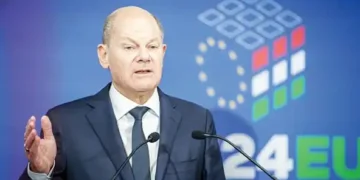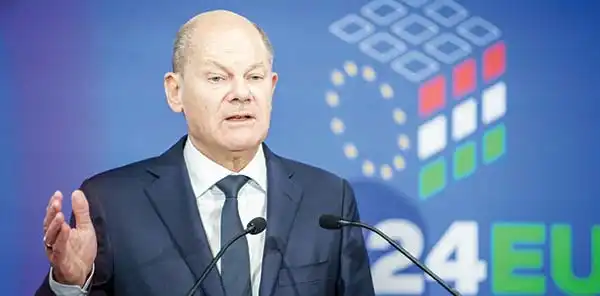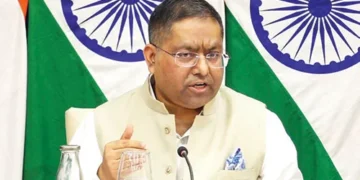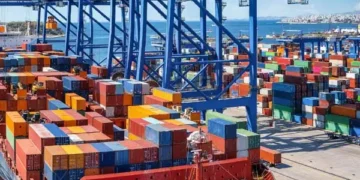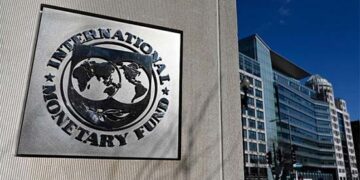Blitz Bureau
GERMAN Chancellor Olaf Scholz lost a parliamentary vote of confidence on December 16, triggering early elections set for February 23.
The embattled Chancellor, whose three-party coalition collapsed in November this year, decided that calling the vote was his best shot at reviving his party’s flagging political fortunes.
Scholz said the snap elections would give voters the power to “determine the political course of our country,” calling the upcoming polls a critical moment for Germany’s future. The German Chancellor had called the vote in order to deliberately lose it, urging the Bundestag, or lower house of Parliament, to declare its lack of confidence in him so that the first formal step could be made towards triggering new elections.
Scholz will now ask the President, Frank-Walter Steinmeier, to dissolve Parliament, and to formally call new elections which have to take place within 60 days and have been pencilled in for February 23.
The embattled chancellor required 367 votes of no confidence to succeed in his aim, and in the end 394 MPs obliged him. There were 207 yes votes, and 116 abstentions. Despite the defeat, Scholz welcomed the outcome, with Bild tabloid dubbing his strategy a “kamikaze” move to dissolve Parliament and prompt elections.
The rarely used mechanism has been employed by German Chancellors five times since World War II to break political stalemates. “My goal is to bring the federal election forward,” Scholz had told a packed chamber in a forceful speech. “This is about having trust in our country and not putting our future at risk.” Scholz said his aim was to shore up confidence in the future of the country, insisting: “Germany’s best days lie ahead of us.”
Scholz’s three-way “traffic light” coalition collapsed in November after the pro-business Free Democrats (FDP) quit in protest over the Chancellor’s sacking of the Finance Minister, Christian Lindner, over deep disagreements around debt management.
